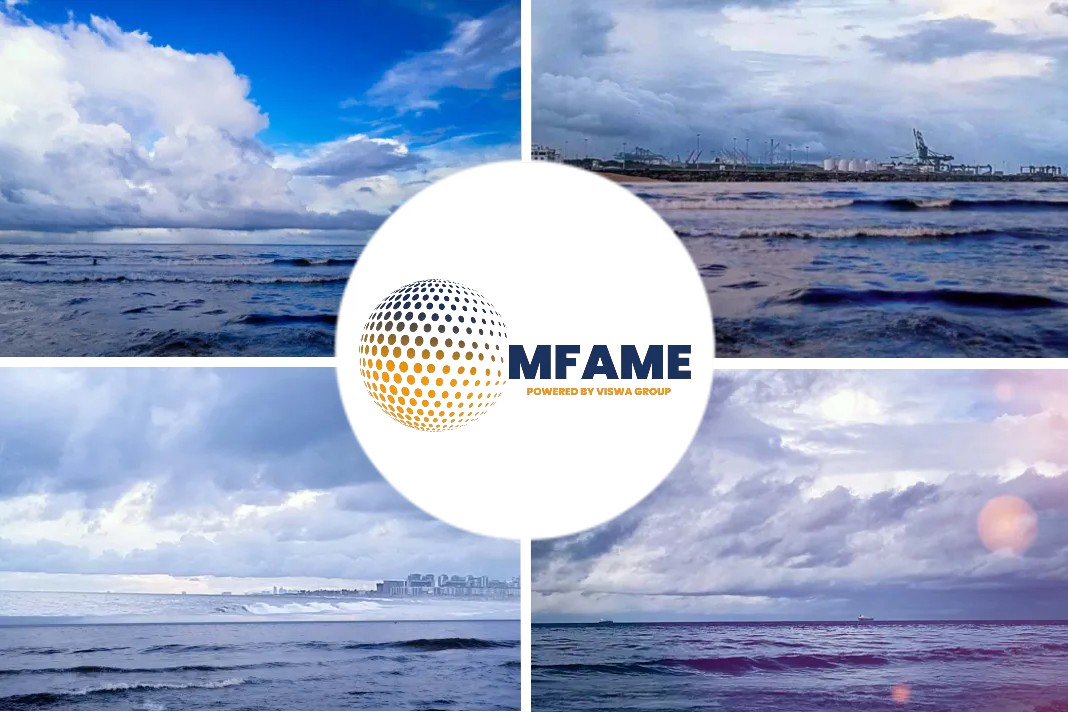According to a podcast published in the OPIS Blog, the Rotterdam Port Advisor has provided invaluable guidance on a viable IMO 2020 sulphur regulation compliance plan.
Here we are giving you insight of that
Backdrop of this
The IMO’s mandate requires ships to burn up to 0.5% sulfur bunker fuel from 1 January 2020. High sulfur fuel oil, now allowed up to 35,000 ppm sulfur, will only be permitted if the ship has scrubbing technology onboard to remove the sulfur. Preparations for using lower-sulfur bunkering fuels like very low sulfur fuel oil or marine gasoil are already underway. There are many questions still up in the air as to how the new regulations will play out and what impact they will have on oil prices across the petroleum supply chain. So, we turned to someone in the trenches to get some practical IMO 2020 guidance.
Rotterdam’s Varied Changes
Mr Ronald Backers, business intelligence advisor at the Port of Rotterdam, recently spoke on the OPIS Crash Course podcast about the complex and varied changes the port is expecting from the IMO2020 regulations.
Meanwhile, Rotterdam is one of the largest bunkering ports in the world – number one in Europe, in fact. Total volume is around 10 million cubic meters per year. Changes in the sulfur specifications will have a huge impact on bunker fuels at this port and on the refineries and the terminals associated with it. Backers offered some real-world perspectives and a look ahead beyond IMO 2020 in a recent podcast.
Podcast Key Points
In the podcast, Backers makes the following key points:
- IMO 2020 stands to be positive for refiners who make the new Very Low Sulfur Fuel Oil (VLSFO), storage operators and fleets that have invested in scrubbers to bring non-complaint fuel up to spec.
- Extra costs will be incurred for shipowners/charterers who rely on Marine Gasoil (MGO).
- Increased imports of light U.S. crude oil, well-suited to making low-sulfur marine fuels, are already being seen into Rotterdam.
- IMO 2020 to Change Worldwide Cargo Flows. Amid the new IMO 2020 spec changes, high-sulfur fuel oil (HSFO) arbitrage routes will shift significantly, Backers notes.
The Bottom Line
The current key arbitrage route from Rotterdam to Singapore, the world’s largest bunkering hub, will likely decline as HSFO demand collapses in the marine sector. But the rising oversupply has to go somewhere. So, at lower prices HSFO demand will likely emerge in refineries using it as feedstock and in the power generation sectors of countries with lower emissions standards, in the Middle East, Africa and Asia.
Did you subscribe to our daily newsletter?
It’s Free! Click here to Subscribe!
Source: OPIS Blog
























